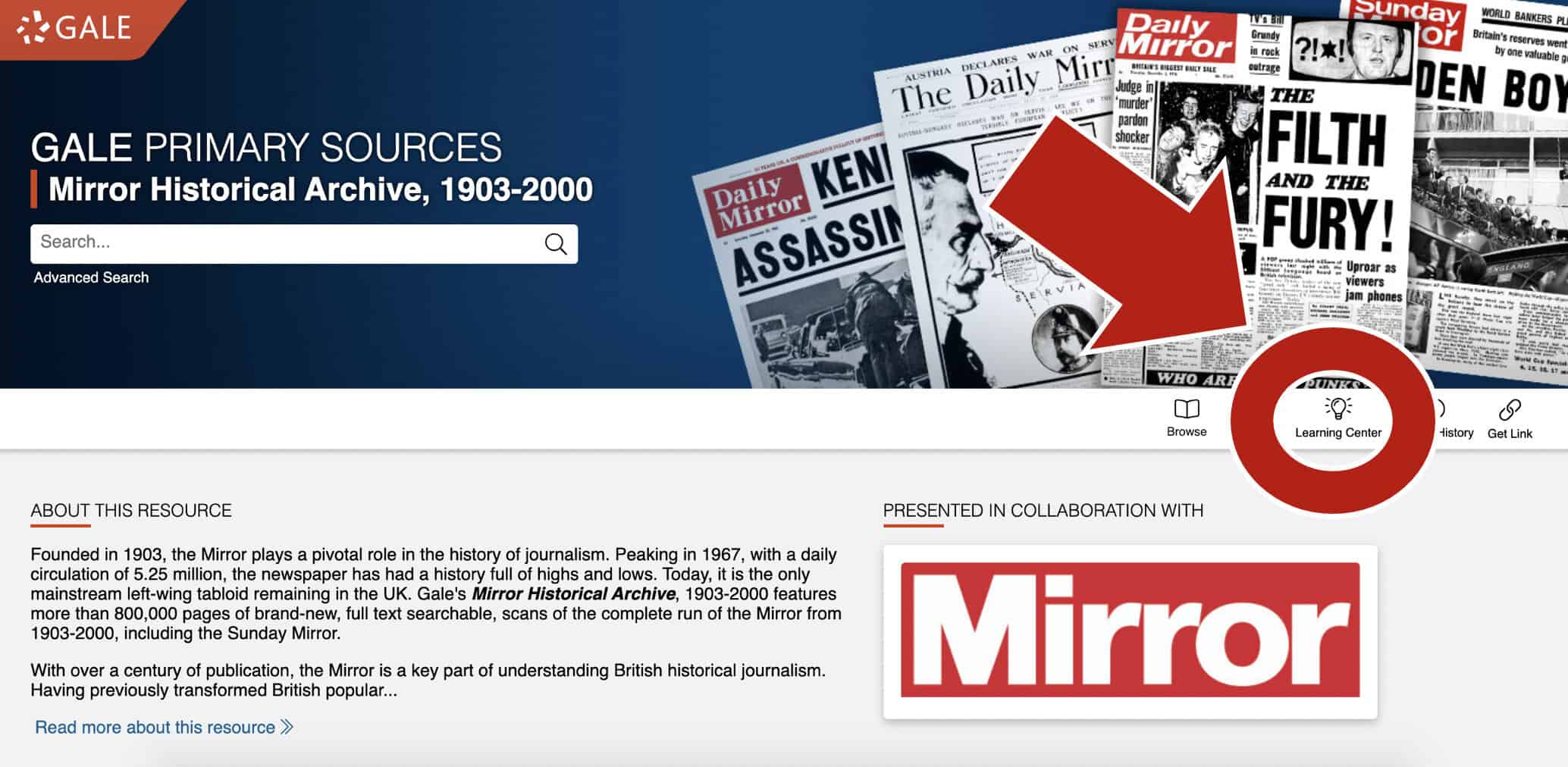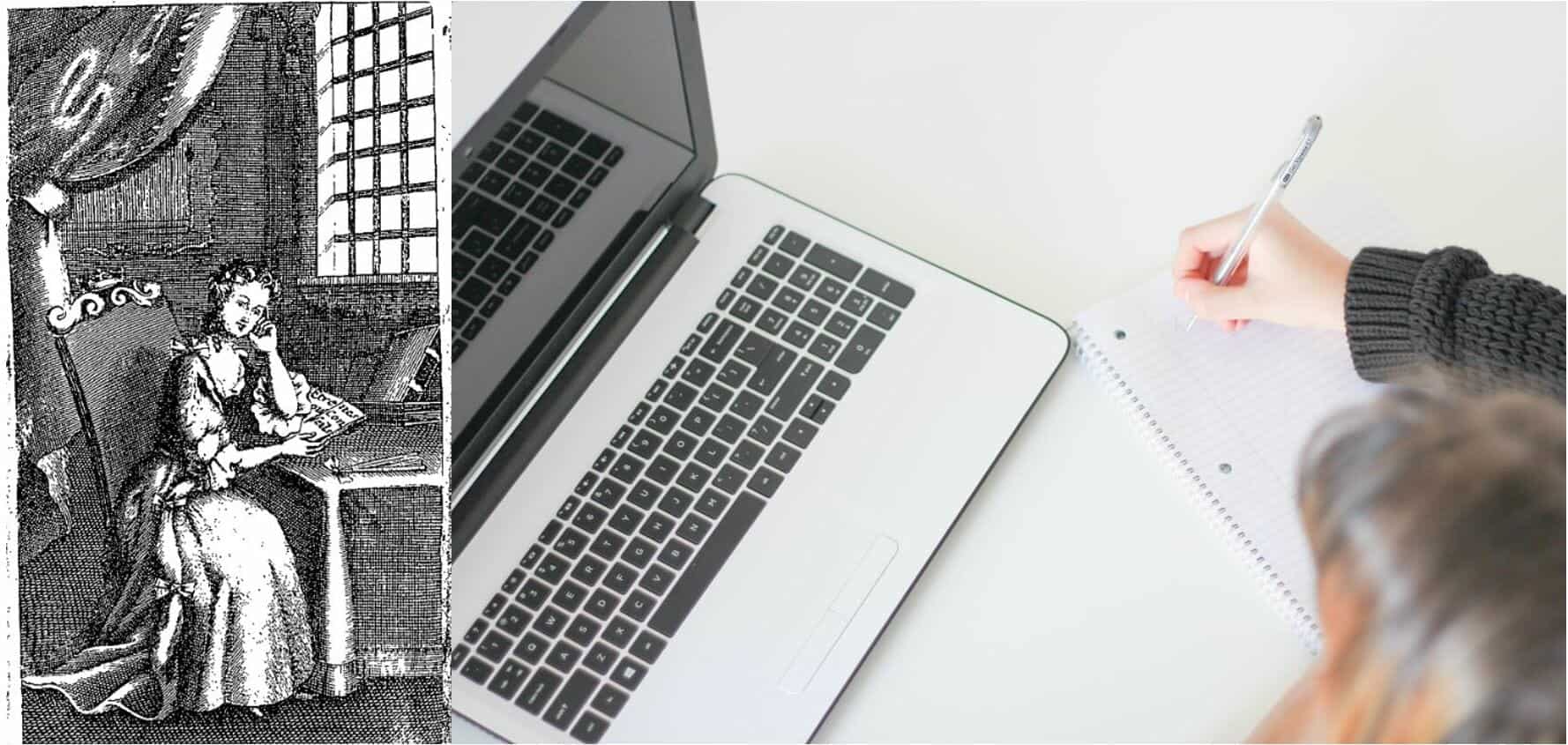│By Ellie Brosnan, Gale Ambassador at Durham University│
Primary sources are central to a range of academic disciplines but particularly History where the need to engage independently and deeply with archival material grows as students progress through their course. I remember well the way we were introduced to History and the concept of primary sources at school, making our own mocked-up documents. Emulating figures from the past, we wrote on tea-stained paper, imagining how past individuals might have felt about the events of their time. This was great fun but, as one progresses through the education system and moves on to analysing real historical documents, our engagement with History must become increasingly sophisticated and, by university-level, the quantity and complexity of the primary sources with which we must engage can become overwhelming. Plus, the breadth of questions we must ask – who wrote the source and why – on top of the broader context in which it was created, is a lot to recognise, understand and consider. This is where Gale’s Learning Centers come in! Released in October 2021, they help students get to grips with a primary source archive. Currently included in twelve of the Gale Primary Sources archives, they will later be available in all Gale archives.
Read more







